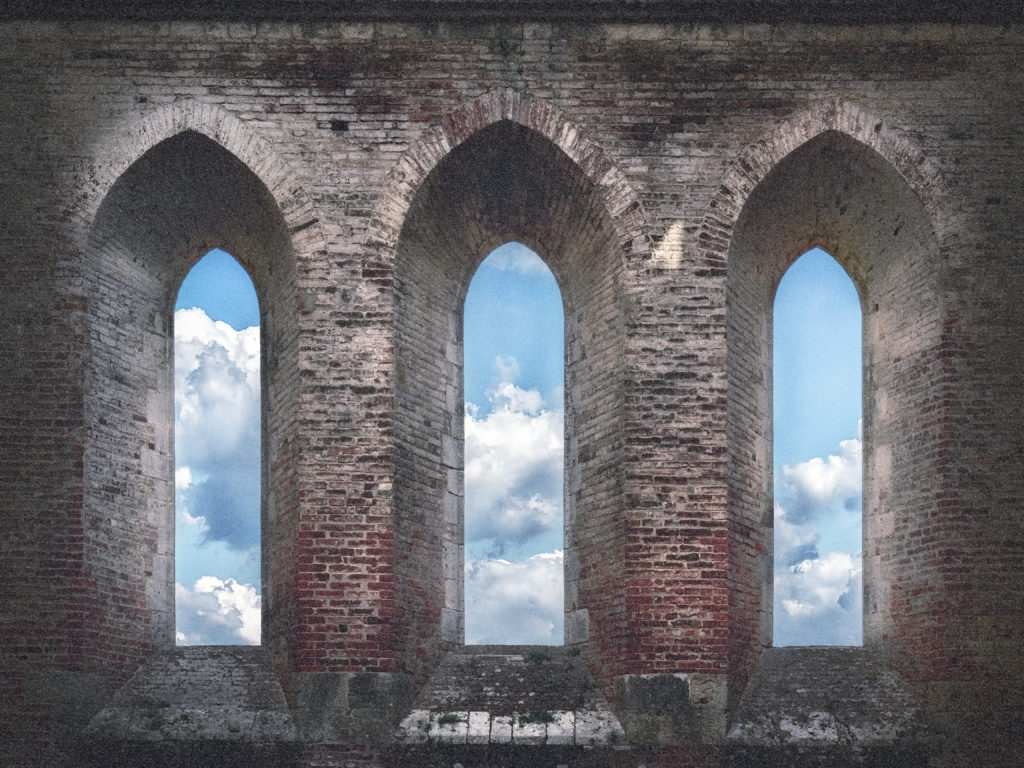
I began work to counter anti-Muslim bigotry for several reasons. First, I had learned of the roles that Lutheran Christians played in the Holocaust. A response to this required not just feelings but actions. Second, there were many organizations countering Antisemitism (although never enough) but very few countering Islamophobia. Third, I saw both Antisemitism and anti-Muslim bigotry as two vines growing from one root of fear and hate. To counter one was to counter the other, as well as other forms of racism or bigotry.
In my public speeches in the last five years I have often had Jewish folks walk up and say, “You aren’t just countering Islamophobia, are you?” I see Antisemitism and Anti-Muslim hate as a part of each other.
Most Muslims and Jews understand this. The Institute for Social Policy and Understanding’s research shows that Muslims and Jews in the United States both stand with each other, and have positive views of the other. There are many examples of Rabbi’s speaking out to counter Anti-Muslim bigotry, and Muslim leaders doing the same to counter Antisemitism.
Western European thought, especially since the Enlightenment and the emergence of nation states, has a strain of anti-religious bigotry. John Locke framed religion as irrational and said it should be confined to the individual. Many European kings, as William Cavenaugh has written, were happy to blame religion for the wars they started to compete for territory. That was good marketing on their part and that marketing has stuck. I have heard many people say that “religion is the cause of most wars” without much evidence.
In fact, several key studies by the BBC, Philips and Axelrod, and Gordon Martel say that religion played a significant role in 15%, 7%, and 6% of conflicts respectively.
Avoid Religion Shaming
When we speak of events in Palestine/Israel (or other issue) I would encourage us to counter and refuse to use the “one religion against another” framing. While religion plays a part, the issues there are to be laid at the feet of groups and nation states who are acting in their perceived self-interests. Framing the issues in Israel/Palestine as being primarily as religious in nature leads to a dangerous series of often unspoken assumptions:
- If religion is perceived to be the problem then less religion is the answer.
- If religion is perceived to be the problem there can be no just policy or political remedy.
- If religion is perceived to be the problem the tendency is to dehumanize and devalue those who are a part of historic religious traditions.
This religion shaming increases Islamophobia and Antisemitism here in the United States. It diminishes clarity about what needs to change and who has the power to make that change. It devalues and dehumanizes those who learn from historic wisdom traditions.
It is particularly strange to see Christians use this kind of religion shaming, who themselves are a participants in a religion!
Now, I know that many people make specifically religious arguments for the outcomes they wish for in Israel/Palestine. A blog post is not a place to evaluate those arguments.
What I do know, from listening to literally thousands of people, is that when we engage in religion shaming around any issue, we increase bigotry and we increase violence against associated groups.
When we disagree about issues in Palestine/Israel let us stand with our Muslim and Jewish neighbors by not religion shaming, which is a part of collective blame that leads to increased violence against our neighbors.
Photo by Simon Berger on Unsplash
